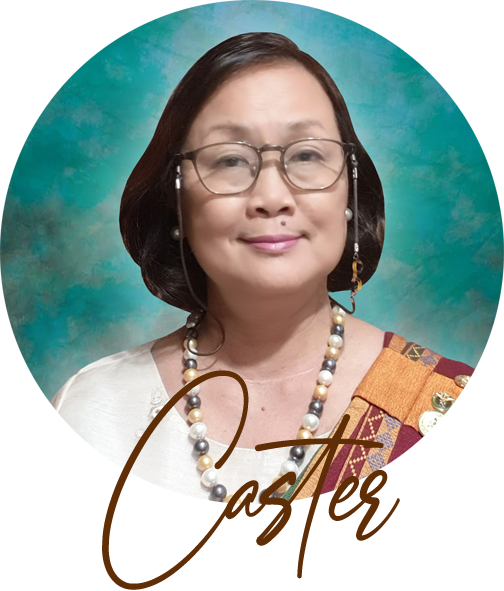National Day of Protest: November 8, 2019
As the National President, I called for all nurses from public and private organizations nationwide to join the National Day of Protest as a call to action for collective and united protest for holding the implementation of the Salary Grade 15 as ordered by the Supreme Court. We demanded for the state to finally heed to the calls for salary increase, regularization, rational shift work and nurse-to-patient ratios towards positive work practice environment in all health facilities. Thousands of nurses marched down the streets, wore black ribbon arm bands, staged lightning rallies during their breaks; sent letters to their political leaders, lighted candles, organized media interviews and releases. This continued to the halls of Congress and Senate until victory. Such seed-action cascaded to many more actions that ended the 18 years advocacy to implement the Nursing Law of 2002, stipulating the entry level salary of Nurses at Salary Grade 15.
2006 National Licensure Examination Leakage: The BAGUIO BRAVES
I was among the key nurse leaders of the country who pursued the seeking of investigation and justice for the controversial June 2006 Philippine Regulatory Commission (PRC) Nursing Licensure Exams which involved leakage of actual examination questions, damaging the credibility of the professional examinations in the country and tarnishing the reputation of the Philippine nursing profession. This led to the conviction of nurses involved in this national and international blunder. We fought giants! This advocacy lasted till September 2017 when the parties involved were found guilty. The case reached up to the Supreme Court.
Save the Abra River Movement (STARM): A Movement that that started in 2000 to this time, is geared towards development aggression such as open pit mining. It started when farmers sought help from our University to study the effects of mining in their communities which included pollution and siltation of the Abra River with cyanide used for gold processing, health concerns, fish kills, decrease in farm harvest, sinking of land including schools and homes. I was the head of the Pahinungod/Volunteer and Extension Program of the University then. A multidisciplinary research team was formed and the STARM Fact Finding mission and research was launched and conducted, and resulted to policies that guarded health of the people. Our team frequented the television early morning and evening shows to disseminate our findings. A pamphlet was produced that was distributed to the people and health professionals. I was also invited in many Universities overseas to talak about mining and its impact among indigenous peoples of the Cordilleras, to cite a few:
- Currently applying for a research current with the University of Alberta (submitted February 2021)
- The Philippines for Sale: The Cordilleras in Peril (Threats of Large Scale Mining in the Cordilleras). Human Rights and Mining. Gender Studies, Ottawa University. September 19, 2013
- Resource Speaker: In Search for Gold: Mining and the Environment in the Philippines: Various Colleges/Universities in Maine, Vermont, Massachusetts, New Hampshire, Connecticut, Washington and San Francisco. October-November 2003
- Presenter: Save the Abra River Movement (STARM): A Case Study. Presented during the International Conference on Communicating and Advocacy. Sponsored by Health Link-Worldwide (London) and HAIN, Inc. Philippines, Virginia Resort, Antipolo, Rizal. July 17, 2003

